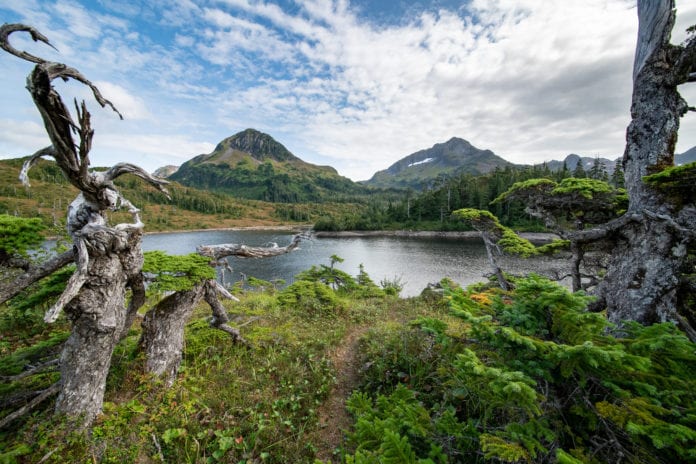
A new city annual water quality report, as required by the Safe Drinking Water Act, assures residents that drinking water may be reasonably expected to contain at least small amounts of contaminants but that does not mean the water poses a health risk.
The report is a snapshot of water quality in 2021, including a link to where to get paper copies of the report and whom to request additional information from.
The report advises that the city gets its drinking water from five surface water sources, Heney Creek, Meals Lake, Murcheson Falls, Eyak Lake and the Orca reservoir, with Eyak Lake surface water source acting as a backup water source, one that is filtered and treated with sodium hypochlorite to protect against microbial contamination.
“We encourage all residents to be respectful of your watershed areas,” the report notes.
The report also notes that “in order to ensure that tap water is safe to drink, EPA prescribes regulations that limit the amount of certain contaminants in water provided by public water systems. Food and Drug Administration (FDA) regulations establish limits for contaminants in bottled water which must provide the same protections for public health.”
Some people may be more vulnerable to contaminants in drinking water than the general population and should seek advice about drinking water from their health care providers. They would include immuno-compromised persons such as persons with cancer undergoing chemotherapy, persons who have undergone organ transplants, people with HIV/AIDS or other immune system disorders, some elderly, and infants can be particularly at risk from infections.
For further information regarding this source water assessment please contact the local water system operator, or the Alaska Resources Library & Information Services (ARLIS) located at 3211 Providence Drive, Room 111, Anchorage, Alaska 99508; phone number 907-272-7547. The local contact is Samantha Greenwood at 907-424-6231.
Alternatively, you may call Chris Miller at the ADEC Drinking Water Protection Program at 907-269-4791, or 907-269-7549. You may also access the public source water executive summary data at dec.alaska.gov/eh/dw/dwp/complete.aspx.





